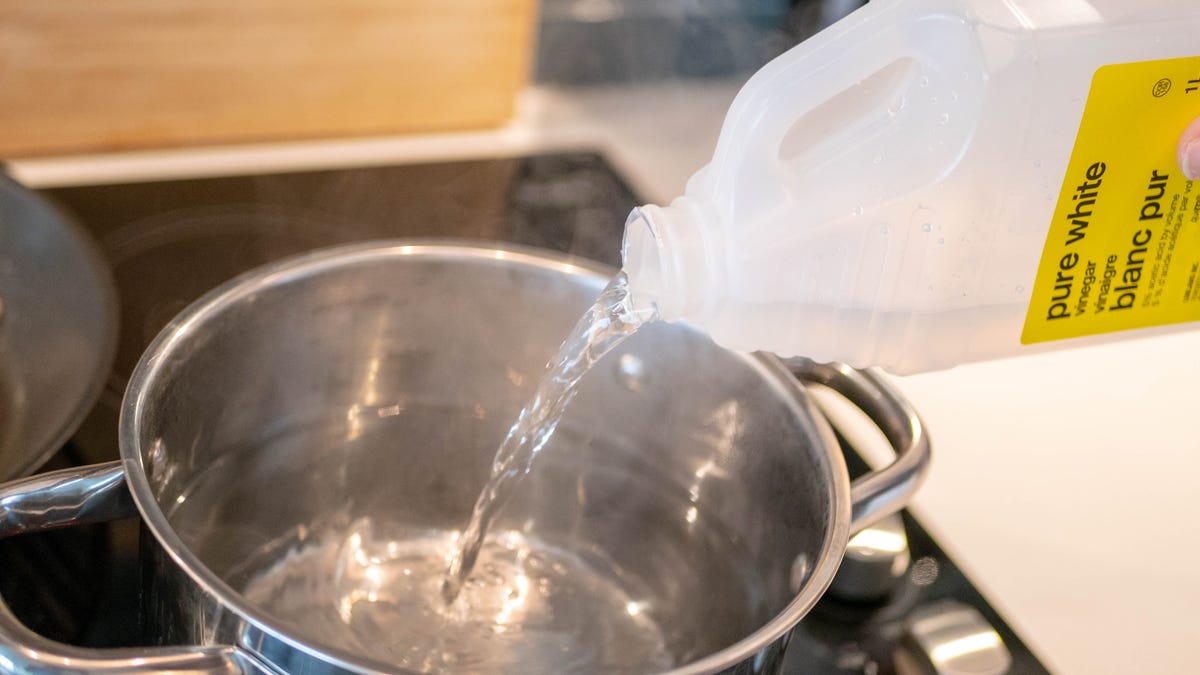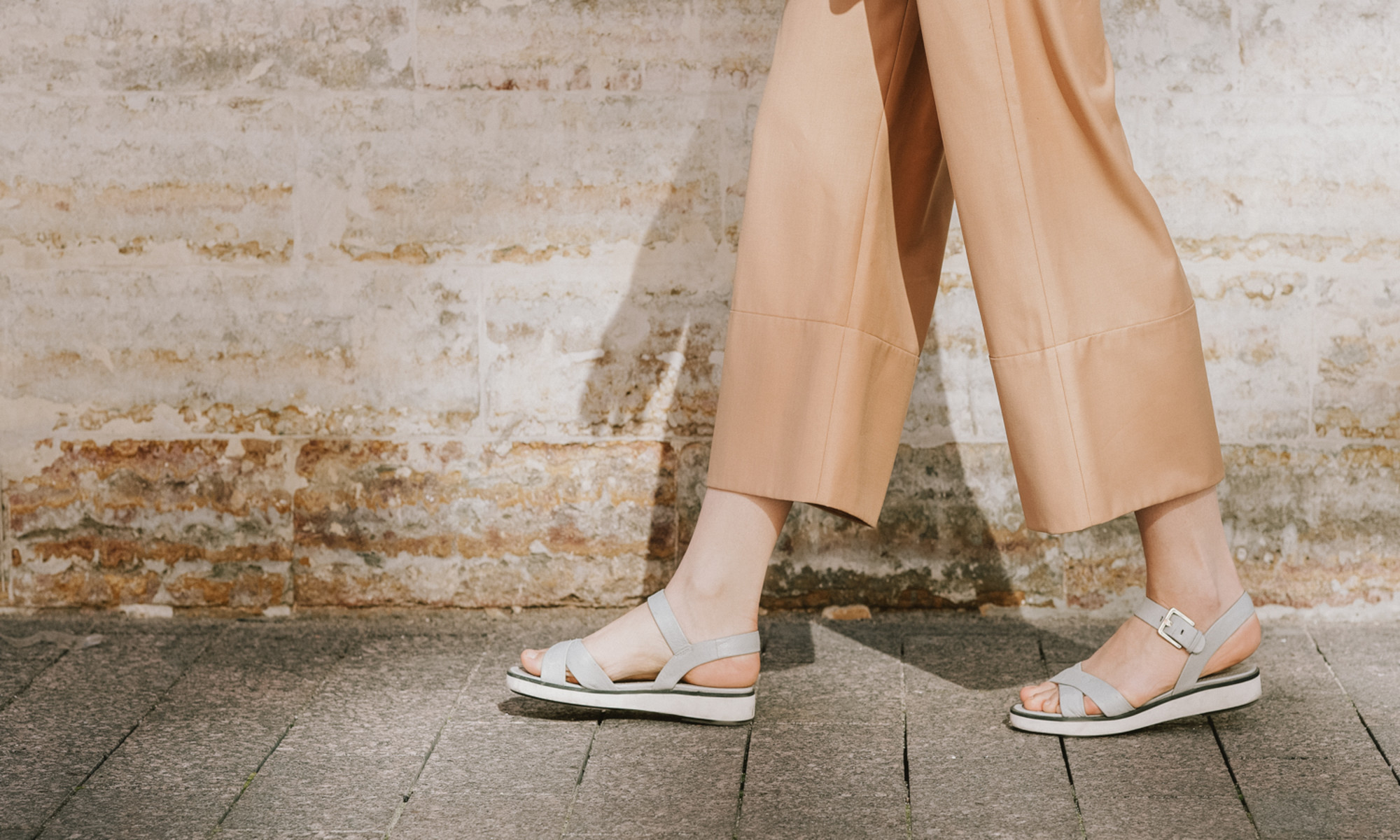The Only Four Gardening Tools You Actually Need
You don't need much more than a desire to spend time in the dirt, and these basic tools.

We may earn a commission from links on this page.

Credit: Juice Flair/Shutterstock
According to a recent study, Americans spend over $500 a year on gardening tools. That's a lot. Gardening is one of those hobbies that requires a few tools, so it's inevitable that you're going to drop some cash, but you only really need a few. You can start gardening with incredibly little overhead.
A pretty good shovel
If you’re digging in the dirt, you’re gonna need a shovel. They come in a surprising number of shapes, all of which serve a different purpose, but the one you’ll use most often is a common garden spade. With a wide pan, flared edges and a soft point, a spade will easily slide into the earth with a lip you can stand on. The width of the pan will allow you to scoop up the dirt generously, with edges that’ll hold the dirt on the pan, and you can use the point that you can use to break up the soil. While we often think of wooden-handled garden tools, I prefer shorter handles made of steel, which are less likely to break. I’m particularly fond of the Radius line, with its easy circular handles, but the Bully long-handled shovel is also solid.
Original Green PRO stainless steel garden shovel $68.74
Bully long-handled garden shovel $57.74
A hand spade or hori hori
Shovels work at a distance, but to dig a hole to plant in, or work with the dirt when you’re closer to it, you’ll want a hand spade. Like shovels, these come in many shapes, but it’s best to start with a general tool. A spade that isn’t too wide or narrow, with a good sharp edge and a comfortable handle that isn’t going to wilt in the summer sun or get gross in the rain. You can also consider a hori hori, which is a longer blade with a serrated edge. While it won’t allow you to scoop soil in the way a spade will, a hori hori is a spectacular all around hand tool that allows you to get a deep hole precisely where you need it, without disturbing nearby plants, will cut through rhizomes like butter, and get right to the roots of weeds.
Fiskars ergo trowel $8.79
Wood-handled garden hand trowel $14.99
Garden gloves
You don’t really need garden gloves. Digging in the dirt with your hands is good for your soul, if not your manicure. Gloves can, however, be useful if you are working with thorny plants, or worms give you the ick. For that reason, I keep a few sets around—a workhorse pair that will stand up to the thorniest roses, and a pair of softer gloves for basic gardening work. Since I lose them often, having more than one pair at any time is always useful.
Women’s cotton garden gloves, set of five $11.99
Cut proof long leather work garden gloves $17.08
A great hose attachment
If there are plants, they’ll need to be watered. Any hose will do for now, but you’ll want a decent nozzle for that hose so you can adjust how much you’re watering and where that water goes. If you have hanging planters or beds that are a little out of reach, consider a nozzle on an extension pole. For just buzzing around the garden, a simple spray attachment will work. Be sure to bring those attachments inside for the winter. These attachments tend to leak easily, so spend a little more to get one of decent quality.
Heavy duty garden hose nozzle sprayer: $12.95
There are legions of tools that I enjoy and use, from seeding gadgets to aprons to trellises, but you’ll figure out what you enjoy using over time. None of them are required to enjoy spending time outside or start digging in the dirt.

 Troov
Troov 































